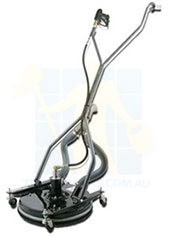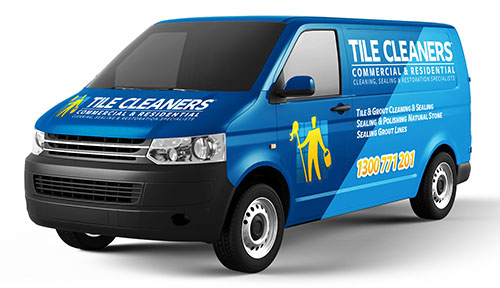huge range of tiles and surfaces in all locations including:
Remove Solvent Sealer from Tile favicon.ico - Belmont
We provide safe, quick and effective stripping solutions for solvent sealed tiles.
To schedule your appointment or to obtain a free estimate, please Call 1300 771 201 or use our online enquiry form.
We cover all Perth suburbs, all Belmont area and all surrounding suburbs to favicon.ico
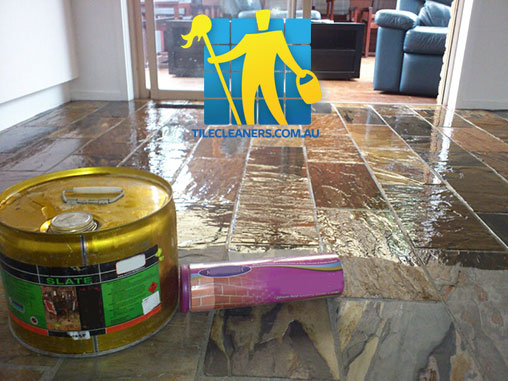
Years ago many natural stoned floors and even some porcelain tiles were sealed with a solvent based sealer. Although this product isn't preferred now because of its harsh chemical composition it still needs to be stripped from many floors as part of any restoration.
Tile Cleaners ® favicon.ico have the safest most effective methods in solvent stripping. Our qualified technicians have years of experience with all types of tiles that have a solvent seal including porcelain, slate, sandstone, bluestone and terracotta. Our state oft eh art machinery can cater for smaller residential jobs to large commercial businesses.
What is Solvent?
There are essentially two different types of floor strippers, water-based and solvent based. Solvents are a much harsher product, cutting through grime with harmful chemicals. Solvent strippers are fast working and a small amount goes along way.
A large majority of house hold cleaners on the market are actually solvent based to some extent. If more people were aware of the harm that solvent cleaners can do to their floors and their health there would certainly be a flip in preferred cleaners. Some of the chemicals in solvent based floor cleaners come with the following health warnings:
- Severe irritant of the eyes, nose and throat
- Neurotoxic
- Respiratory problems
- Irreparable damage to the respiratory tract
- Toxic to fish and plant life
- May damage red blood cells
These chemicals are not only breathed in but remain on floors where our children and animals literally crawl around on. We all want clean floors but we also want our health to be protected.
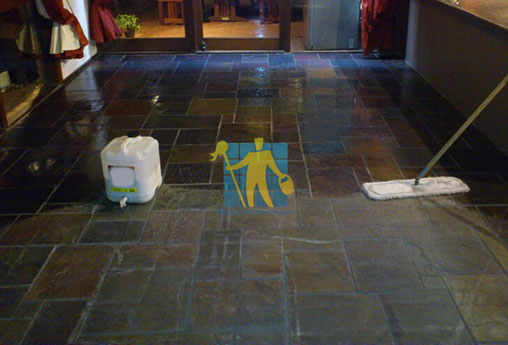
When do floors need Solvent Stripping?
Solvent stripping is necessary when floors have had a solvent sealer applied in the past. It is not necessary to use this harsh stripper or cleaner on your floors unless the existing sealer is solvent. Yet because they are fast and aggressive many contractors will opt for solvent stripping n matter what the sealer instead of the safer water-based method. Due to the hazardous nature of solvent it is never suggested you attempt to strip it yourself and you should always contact professionals like Tile Cleaners ® favicon.ico.
A water-based stripper is inadequate in removing a solvent sealer. Tile Cleaners ® favicon.ico produce the worlds leading products that are effective in removing solvent sealers that have been down for many years including acrylic, epoxy, polyurethane, polyaspartic and polyurea resins. Our technicians will always evaluate the floors to see if it appropriate to use solvent or a water-based stripper.
Is Solvent Stripping Safe?
When carried out by a professional who is trained in removing solvent the process is extremely safe. It is when the proper safety measures aren't taken that it becomes dangerous to your floors, property and health. We have had cases where people have tried to strip solvent themselves and were found collapsed in their homes from the fumes. It is a highly flammable solution so it must be ensured that no sparks or flames will be around the working area. Don't put your health at risk, call the professionals.
Tile Cleaners ® favicon.ico take all the proper safety precautions:
- Masks
- Thick protective clothing
- Methodic treatment
- Proper ventilation
- Minimized splash to protect plants and skirting boards
- Proper clean and extraction of residue
Because solvent is a harsh product occasionally it can strip paint from skirting boards. Guards are used to avoid this as much as possible. It is mainly the fumes that are potentially dangerous, hence depending on the job, for you safety, you may be asked to leave the premises fro a 24 – 48 hours period.
We provide safe, quick and effective stripping solutions for solvent sealed tiles and pavers.
To schedule your appointment or to obtain a free estimate, please Call 1300 771 201 or use our online enquiry form.
We cover all Perth suburbs, all Belmont area and all surrounding suburbs to favicon.ico
Solvent Stripping Process
Tile Cleaners ® favicon.ico will always make sure they know exactly what they are dealing with before going ahead with any stripping job. There is a major difference between sealers and the strength of the existing sealer must be matched with the stripper. After all furniture is cleared the process will start with a solvent-based stripper being applied to the surface. Appropriate steps are taken to ensure slow evaporation as stripper only works when wet. The stripper is then removed with rotary scrubbers and any residue is extracted with state of the art machinery.
Resealing after a Solvent Strip
If a solvent strip has been carried out you will need to reseal your floors. The product that you are able to effectively reseal with depends on the type that was stripped.
A penetrating water-based sealer cannot be applied to a floor that was stripped of a penetrating solvent sealer, as water will never penetrate solvent. Your choices will be between another solvent seal or a topical water-based sealer that will sit on the surface.
Your floors will most certainly need resealing to ensure they continue to be protected from spills and are easy to maintain. Our technicians and specialists are happy to advise you on which sealer will be the most suitable for your floors and provide you with the best lasting results.
Client Range
huge range of tiles and surfaces in all locations including:
Related Links
- Our Services
- Best Tile Sealing in favicon.ico
- Tile Sealing favicon.ico
- Grout Sealing favicon.ico
- Ceramic Sealing favicon.ico
- Porcelain Sealing favicon.ico
- Slate Sealing favicon.ico
- Limestone Sealing favicon.ico
- Sandstone Sealing favicon.ico
- Travertine Sealing favicon.ico
- Bluestone Sealing favicon.ico
- Marble Sealing favicon.ico
- Marble Honing favicon.ico
- Terracotta Sealing favicon.ico
- Sealing Granite Tiles favicon.ico
- Sealing Quarry Tiles favicon.ico
- Timber Floor Polishing favicon.ico
- Vinyl Floor Sealing favicon.ico
- Stone Tile Sealing favicon.ico
- Sealing Pool Pavers favicon.ico
- Grout Sealing favicon.ico
- Carpet Cleaning favicon.ico
-
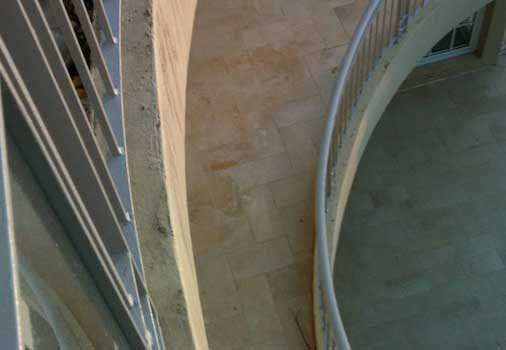
- Stone Polishing favicon.ico
- Stone Cleaning favicon.ico
- Stone Sealing favicon.ico
- Stone Scratch Removal favicon.ico
- Stone Honing favicon.ico
- Stone Resurfacing favicon.ico
-
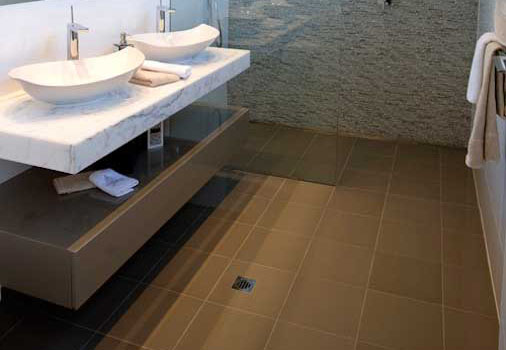
- Water Damage Restoration favicon.ico
- Water Damage Repair favicon.ico
- Sewage Water Cleanup favicon.ico
- Vapour Steam Cleaning favicon.ico
- Flood Help favicon.ico
-
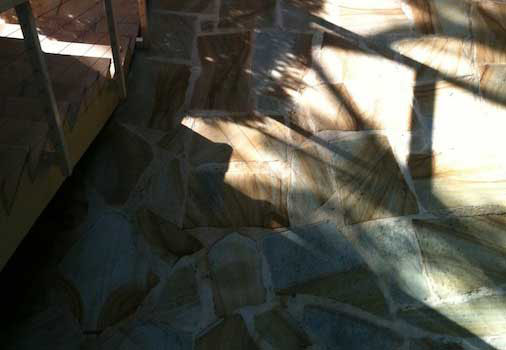
- Leather Sofa Cleaning favicon.ico
- Leather Cleaners favicon.ico
- Leather Cleaning favicon.ico
- Leather Restoration favicon.ico
- Lounge Cleaning favicon.ico
-
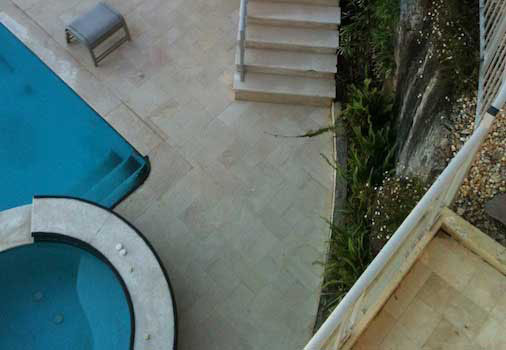
- Steam Cleaning favicon.ico
- Carpet Cleaning favicon.ico
- Carpet Stain Removal favicon.ico
- Carpet Stretching favicon.ico
- Carpet Protection favicon.ico
-
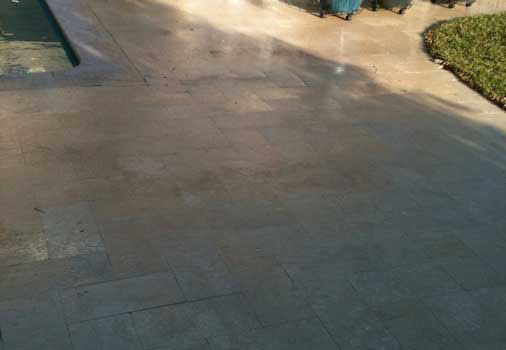
- Water Damage Restoration favicon.ico
- Carpet Repair favicon.ico
- Carpet Fitting favicon.ico
- Carpet Patching favicon.ico
- Mattress Cleaning favicon.ico





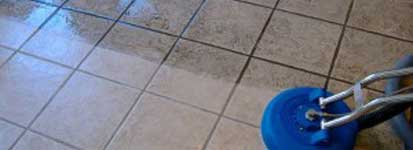
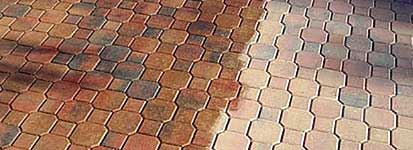
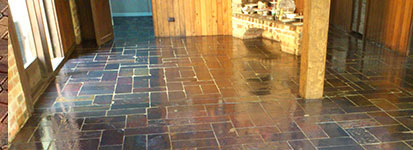
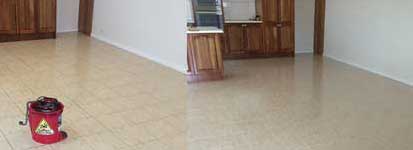
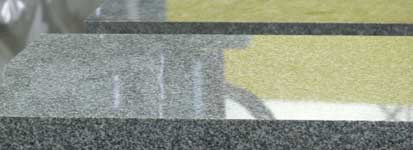
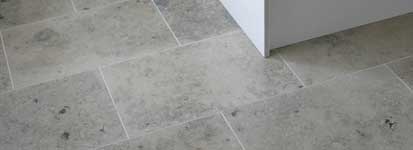
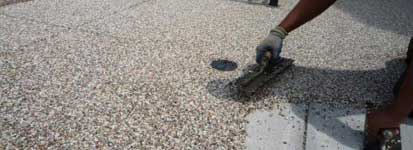
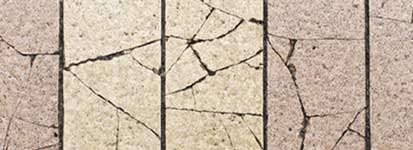
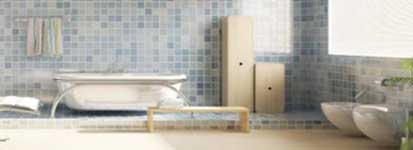
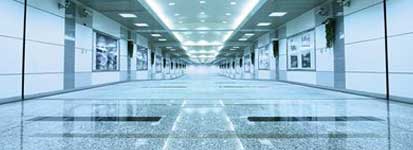
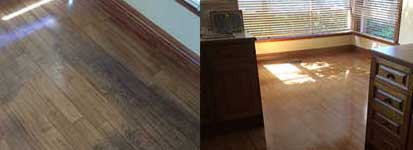
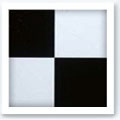
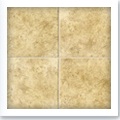
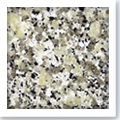
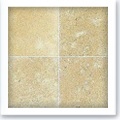
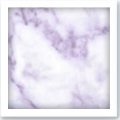
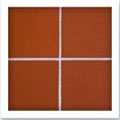
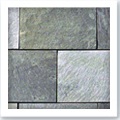
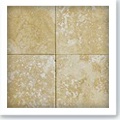
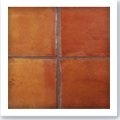
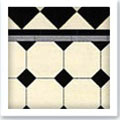
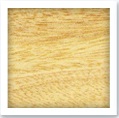

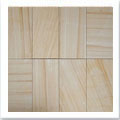
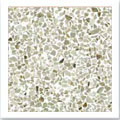
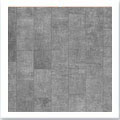
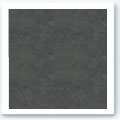
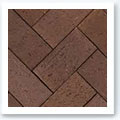
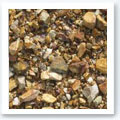
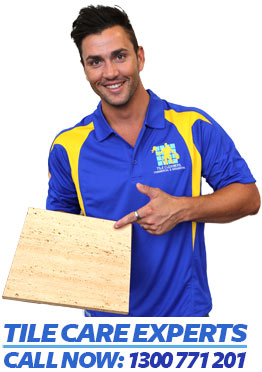
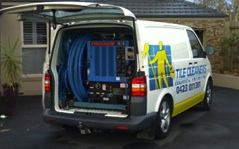
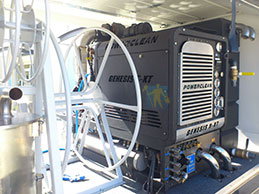
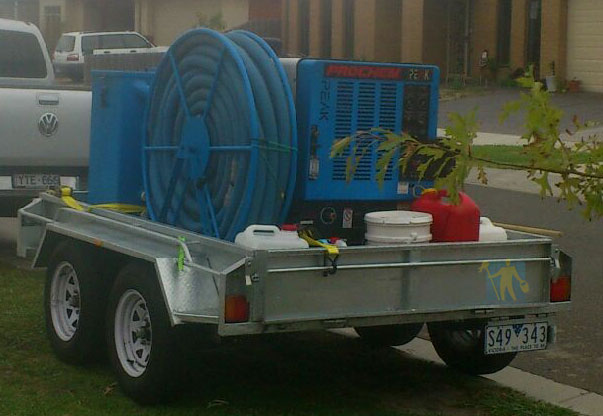
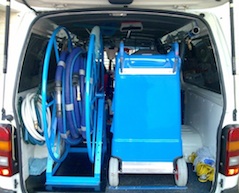
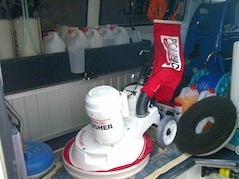
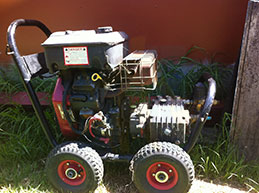
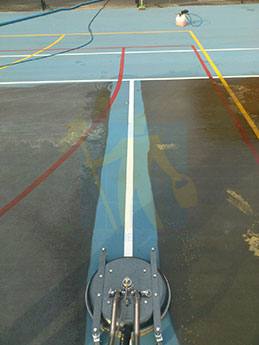

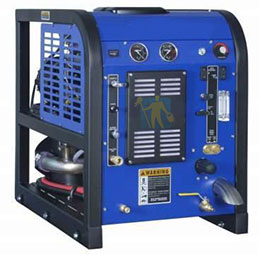
 Availability for emergency
Availability for emergency
